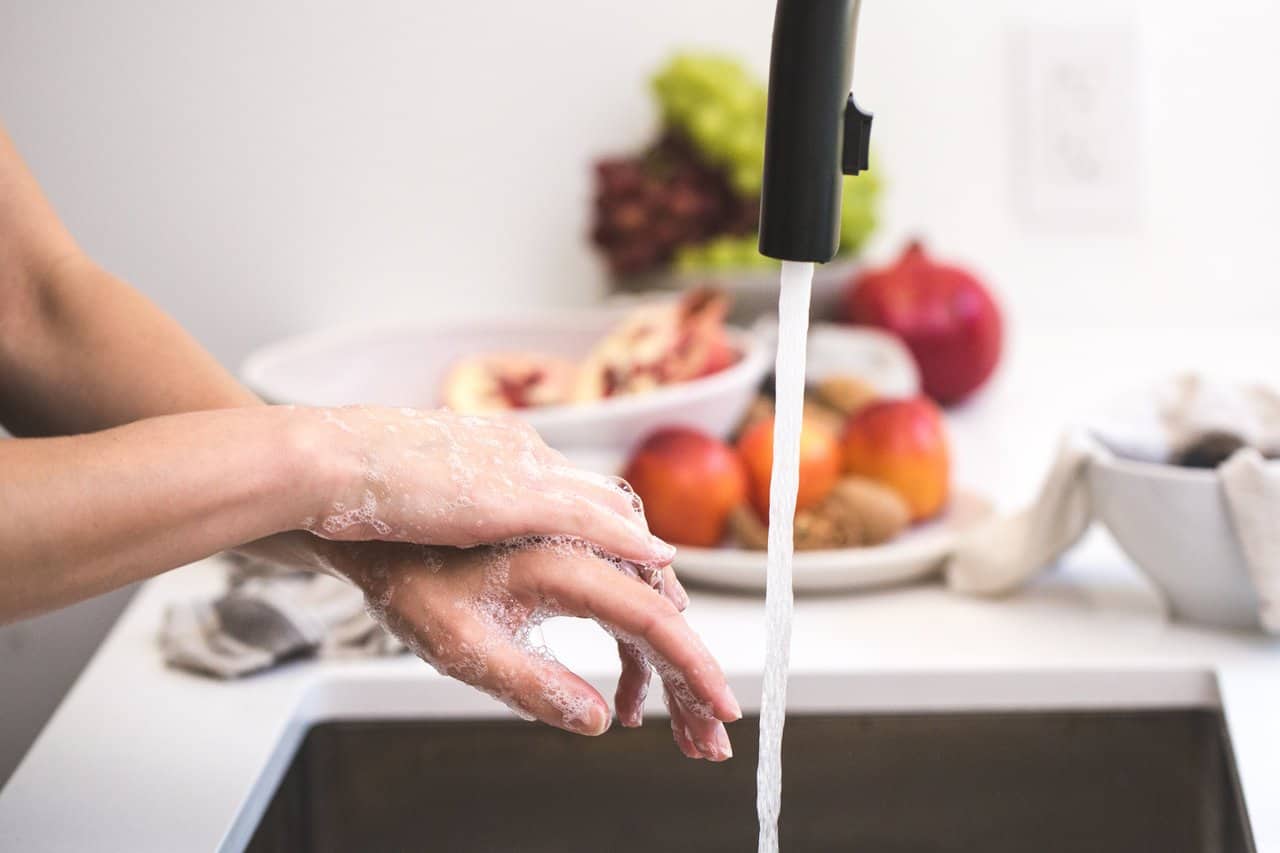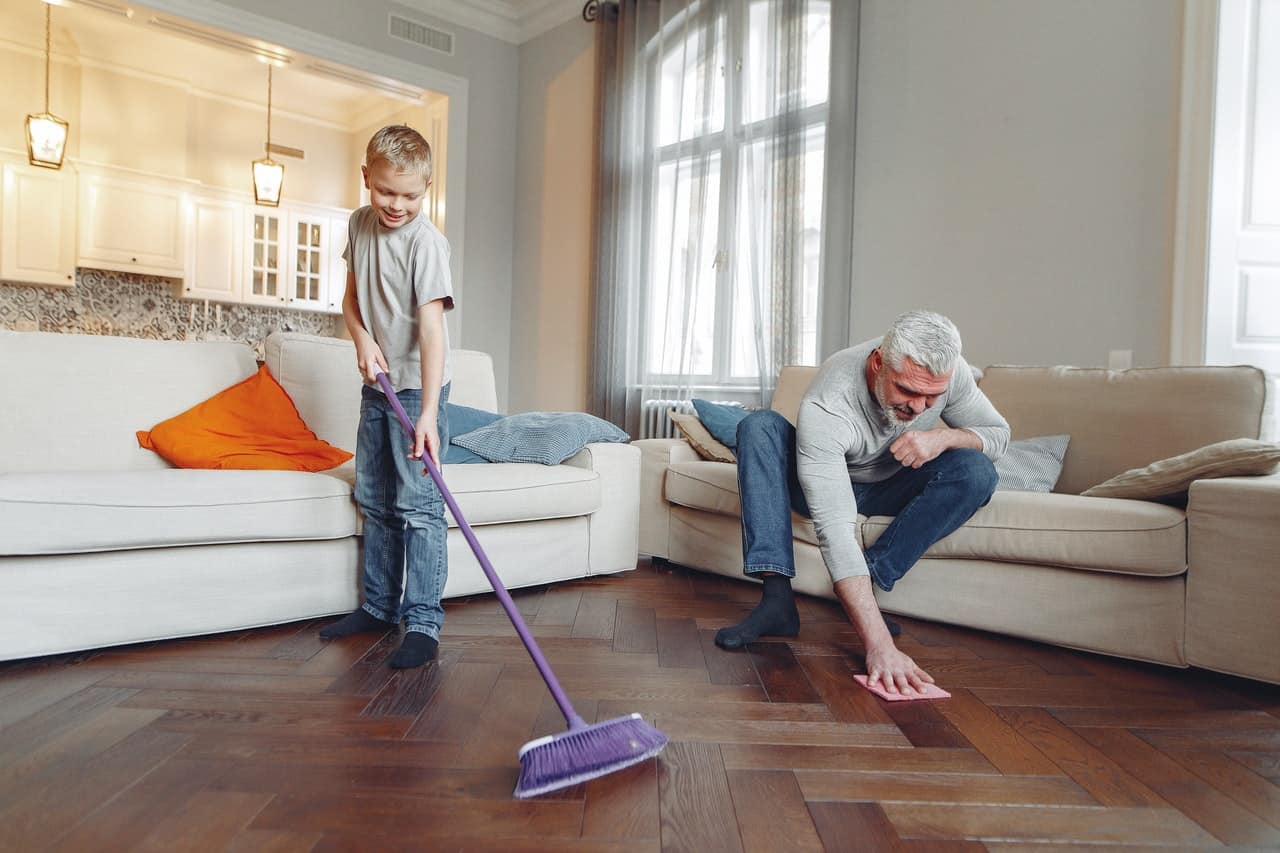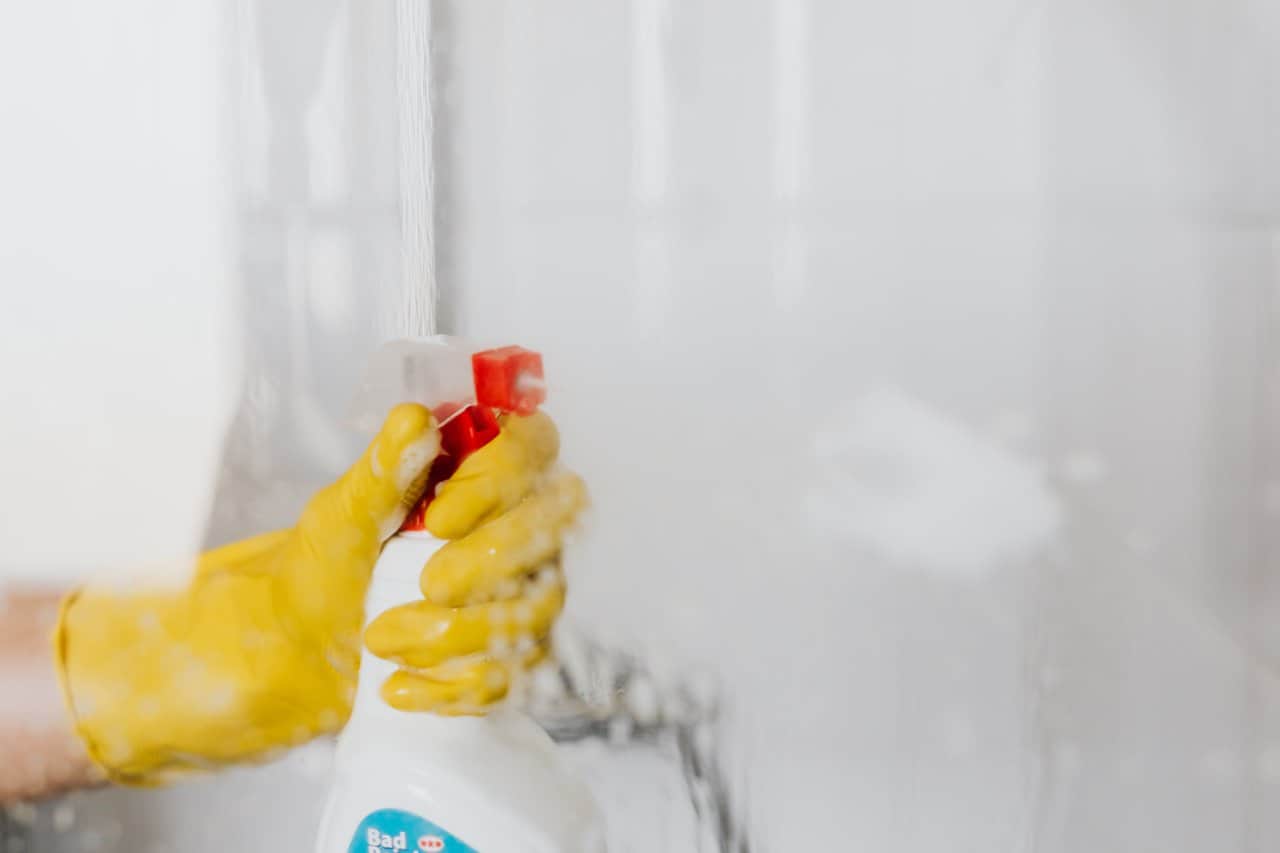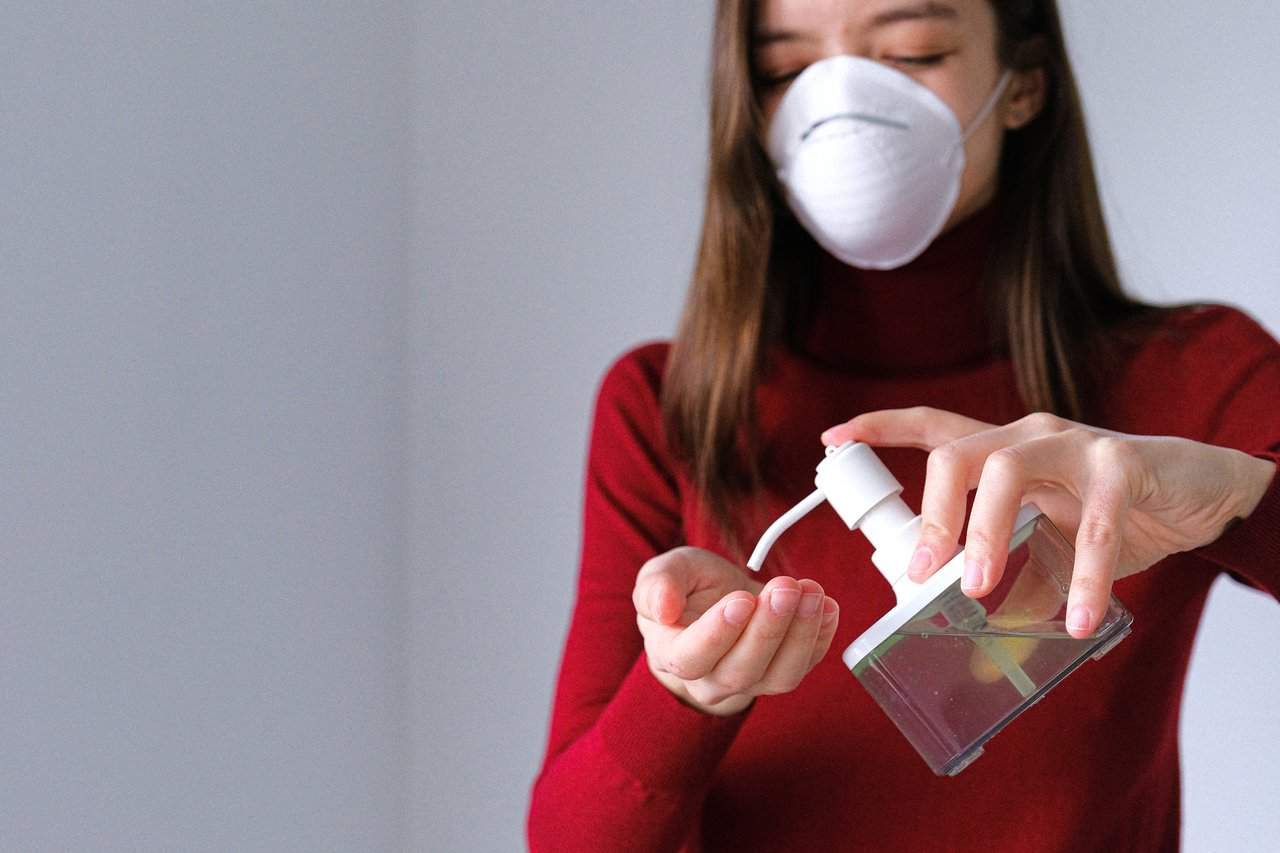How Is Coronavirus (COVID-19) Changing Our Cleaning Habits?

Hygiene is one of the significant components keeping us healthy. Together with exercise,
proper nutrition, and enough sleep, it creates the holy trinity of wellbeing. However, basic
hygiene is not always enough to keep us healthy. With ever-rising numbers of COVID-19
cases in the last couple of months, it’s not hard to understand how basic hygiene might not cut
it, at least for now. People are forced to learn more about cleaning and disinfecting, which,
apart from the immediate benefits, might prove beneficial in the long run. It’s not a secret that
the coronavirus is changing our cleaning habits, but that doesn’t necessarily have to be a bad
thing! Let’s look at how we can adapt to new practices when it comes to maintaining a clean
home.
Impact of the coronavirus
The coronavirus has not only changed our cleaning habits but our whole lives. Recently, most
of us have found ourselves avoiding our daily tasks to minimize human contact. Even though
it is necessary, social distancing might take a toll on some people’s mental health. Try
keeping yourself busy by engaging in fun activities like doing some DIY home improvement
projects.
Hygiene before the coronavirus
Hygiene is a very personal thing. Most people learn to take care of their cleanliness from
their parents at a very young age. However, hygiene habits can be learned even as an adult,
but changing habits is a process that requires motivation, which some adults simply don’t
have.
One mind-boggling study discovered that only 62% of people wash their hands after using
the toilet, with 3% of the people admitting to never washing their hands! This, in itself, can
be mind-opening regarding the awareness of what nasty buggers might be lingering all over
our surroundings. These facts might shake many of you practicing proper hygiene daily. Still,
fortunately, there are ways you can clean yourself and your living space properly, so you
don’t have to risk getting infected by viruses, bacteria, and other means of contamination.

The best time to teach children proper hygiene is when they’re young.
To sum it all up, not all people are willing to put in the work to keep themselves and their
surroundings clean. Some are probably entirely unaware of all the causes of infections that
are present in their very homes. However, with coronavirus coming, more and more people
are being forced to adopt good hygiene. Coronavirus is changing our cleaning habits, and this
doesn’t only benefit individuals but also society.
Is the coronavirus changing our cleaning habits? – the How and the
Why
The coronavirus is arguably the most significant threat humanity has faced in a long while.
We fear what we don’t understand, and coronavirus still seems to be an enigma in many
ways. While we still don’t know precisely how it operates, we do know how to fight against it
with cleaning products.
Cleaning and disinfecting
A home should always be a safe space. The fear of getting ill in your own home is an
avoidable stress nobody needs. I myself have never been as afraid of germs loitering on my
kitchen counters as I have since the Covid-19 outbreak.
It’s probably safe to assume that most kitchens and bathrooms are sporting at least one
cleaning product. We’ve all been cleaning, sanitizing, and disinfecting so much that new
problems seem to be arising, such as learning how to sanitize upholstery and surfaces without
damaging them. But what even is the difference between all these cleansing methods? Or are
they the same thing?
Cleaning
Cleaning is the more commonly used term out of the two. We use cleaning interchangeably
with any action of removing or killing germs. While cleaning is an act of removing germs,
not necessarily killing them, it is still an essential step in cleansing any surface properly.
Cleaning not only removes germs but all other particles that should be removed before any
deeper disinfection.
Disinfecting
Disinfection is your best friend during these trying times, and it’s what we’ve been doing
more and more since the beginning of the outbreak! In the last couple of months, we’ve seen
a rise in the consumption of disinfectants. Some of these are unavoidable components of on-
the-go cleaning products such as hand sanitizers.
Nowadays, there are disinfectants available for use pretty much everywhere you go. I can’t
remember the last time I went to a bank without seeing a hand sanitizer or a spray bottle with
alcohol on a counter. However, no matter how hard people and businesses try to stay clean,
there’s always a risk of bringing the infection into your home. Fortunately, there are many
tips and tricks for a virus-free home you can find on the Internet. Most of them require
commitment but are very much doable!

Cleaning and disinfecting are not the same thing. People have been disinfecting significantly
more since the COVID-19 outbreak.
Handwashing like there’s no tomorrow
Handwashing has become a bit of a ritual for many people. It used to be a simple task people
did after dirtying their hands. Now, it is a laborious process that requires thoroughness and
diligence. There are even handwashing songs circling the Internet. Twenty seconds of
scrubbing with soap and warm water is the new norm. Let’s hope these handwashing habits
stick around for a long time after we’ve dealt with this virus.
Hand sanitizers are also more present than ever before. It’s practically impossible to enter any
enclosed space without the heavy aroma of alcohol hitting your nose. Being always on
autopilot in our daily lives, it’s easy to forget just how many microorganisms are lurking
around. Touching your face with unwashed hands is still a potential health hazard, but now
more than ever. Having your life on the line, however, certainly makes you more alert.
People are evidently more conscious of what they touch throughout the day.

The amount of people who use hand sanitizers has skyrocketed since the beginning of the
pandemic.
Moving and cleaning during coronavirus pandemic
Moving can wreak havoc on your current home; most people that have ever moved can attest
to that. Your once-lovely home can quickly turn into a conveyor belt for strangers and dust.
That said, moving in the age of Covid-19 might require some extra work to leave your former
home spotless for the new owners.
Hygiene has significantly improved across the board during the last couple of months.
However, relocation demands close human contact most of the time. This means that moving
is the time when you should pay even more attention to proper hygiene.
Here are a few cleaning-related things that have become an integral part of the moving
process since the coronavirus outbreak, that you too should stick to:
● Wearing gloves when handling boxes or touching surfaces
● Sanitizing or washing hands thoroughly after removing gloves
● Washing hands properly before touching anyone else or your face
● Spraying doorknobs or other high-touch surfaces with disinfectants
● Opening windows so that air can circulate
When moving during a pandemic, it’s crucial to pay close attention to who you’re inviting
into your home. Hiring responsible movers from zenithmoving.com who guarantee a code of
conduct in line with the WHO’s coronavirus recommendation is always the right choice.
However, make sure always to follow the suggestions mentioned above, no matter how
responsible you feel your movers are.
Are the effects of the coronavirus on our cleaning habits bad after
all?
Since the coronavirus is changing our cleaning habits so much, why not embrace it? The
virus itself has been a heartbreaking catastrophe, but since we cannot eradicate it right away,
the best we can do is try to find a silver lining. If improved hygiene is what we learn from
this tragedy, then so be it. We must stay strong and united, and with the power of the cleaning
products, you too can be your health’s superhero.

